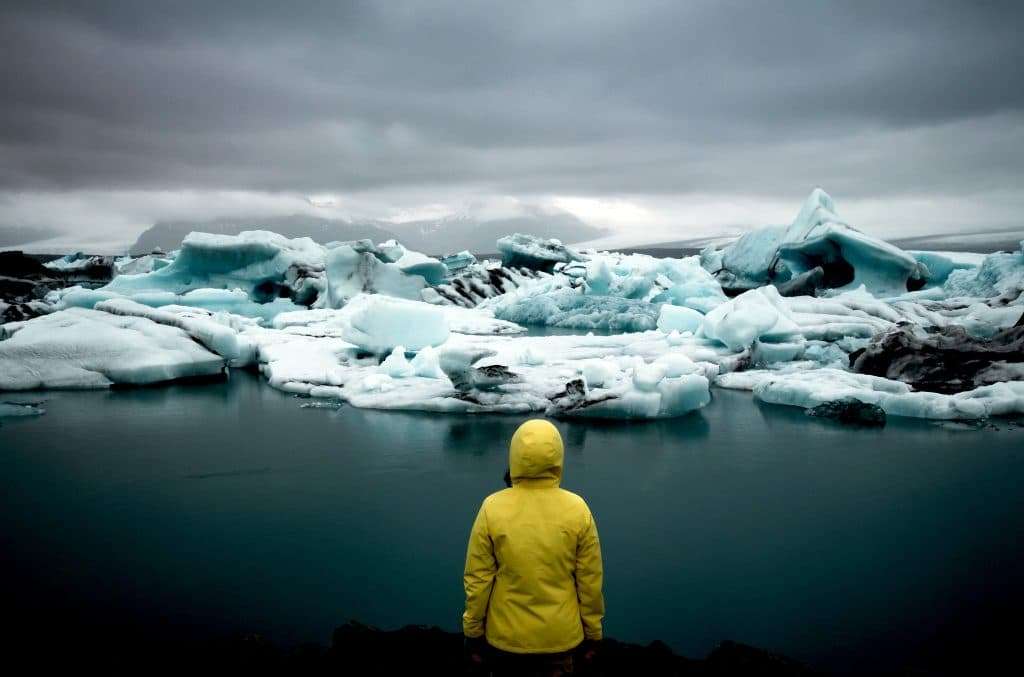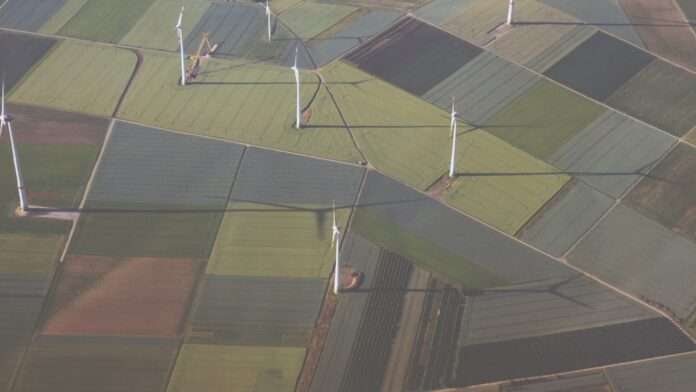A new report, the most comprehensive assessment of tipping points ever conducted, says without urgent action humanity faces certain disaster.
Researchers have issued an urgent warning about the acceleration of Earth system tipping points, emphasizing the critical juncture humanity now faces. The “Global Tipping Points Report,” the most comprehensive study of its kind, spearheaded by the University of Exeter and supported by the Bezos Earth Fund, outlines the dire consequences of inaction and the potential for positive change through coordinated global efforts.
The report highlights the alarming pace of negative Earth system tipping points, such as the collapse of ice sheets and the decline of coral reefs, driven by the continuing rise in global temperatures. These tipping points, once triggered, can lead to irreversible and catastrophic changes, impacting the natural world and human societies significantly. The researchers underscore that current global governance structures are insufficient to address these challenges, necessitating immediate and bold policy changes.
‘Now is the moment’
“Tipping points in the Earth system pose threats of a magnitude never faced by humanity,” Professor Tim Lenton from the University of Exeter’s Global Systems Institute said in a statement. “They can trigger devastating domino effects, including the loss of whole ecosystems and capacity to grow staple crops, with societal impacts including mass displacement, political instability, and financial collapse.
But, says Lenton, tipping points also offer our best hope, “we need to prioritise and trigger positive tipping points in our societies and economies. This is already happening in areas ranging from renewable energy and electric vehicles to social movements and plant-based diets. Now is the moment to unleash a cascade of positive tipping points to ensure a safe, just, and sustainable future for humanity.”

The report also discusses the emergence of positive tipping points, such as advancements in renewable energy and electric vehicles, which can significantly alter the trajectory toward a sustainable future. Dr. Manjana Milkoreit from the University of Oslo emphasized the urgency of enhancing global governance to mitigate the impending threats and leverage these positive developments.
“Currently, our global governance system is inadequate to deal with the coming threats and implement the solutions urgently required,” Milkoreit said. “Some Earth system tipping points are now likely to be triggered, causing severe and disproportionate impacts within and between nations.
“This provides an urgent impetus to strengthen adaptation and loss and damage governance, adjusting existing frameworks and increasing resources to account for tipping point threats.
“Averting this crisis — and doing so equitably — must be the core goal of COP28 and ongoing global cooperation. “Good global governance can make this happen, especially by triggering positive tipping points.”
The path forward
The team has proposed six key recommendations, including the rapid phase-out of fossil fuels, strengthening adaptation strategies, a push for more plant-based food, and incorporating tipping points into global climate evaluations and national efforts. They also call for a focused global summit on tipping points and a deepening of knowledge in this area, supported by a proposed IPCC Special Report.
Kelly Levin, Chief of Science, Data, and Systems Change for the Bezos Earth Fund, highlighted the critical role of advancing science on global tipping points.

“Climate change is the defining issue of our time; it is essential that we advance the science on global tipping points to address the threats and opportunities ahead,” Levin said. “The path we choose now will determine the future of humanity, and this extraordinary report sets out the Earth system tipping points we need to prevent, the governance we need to urgently implement, and critically the positive tipping points we need to trigger to transform our society and world.”
Levin said solving the climate and nature crises will require major transitions across most multiple sectors, “from shifting diets to restoring forests to phasing out the internal combustion engine.
“Given the required scale of action, we must target the most beneficial positive tipping points so that change takes off in a way that is unstoppable.”
Related on Ethos:


